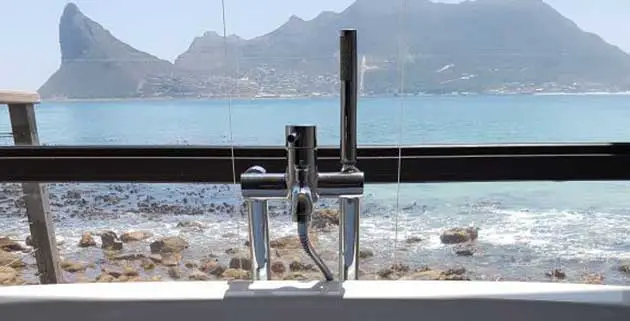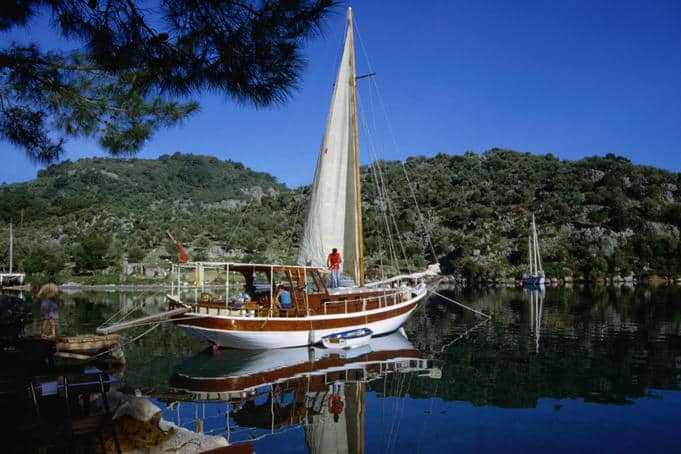Global Muslim Travel to reach $183 billion by 2020

and is speaking on this topic at World Travel Market, London, in November.
Telescopic vision in the tourism sector means that you can miss the bigger picture entirely. For example, while we fret about the challenges faced in the tourism industry in South Africa, we can overlook the growth opportunities that exist. One such opportunity is for South Africa to capitalise on Muslim tourism, especially since we have the capacity to grow our local appeal to this global audience.
The recent Salam Standard Report states that the GDP impact of Muslim travel in the Middle East alone is forecast to hit US$36 billion by 2020, up 21% from $29.7 billion in 2017 and representing 19% of the total global GDP generated by the end of the decade, according to research unveiled this week.
Outbound Muslim tourism and its projected growth
The Muslim travel industry will create 1.2 million jobs (total direct and indirect employment) in the region by 2020, more than double the 528,000 currently employed). While this may be interesting in general, a closer look at outbound Muslim spend, reveals that the Middle East is by far the largest source market worldwide, contributing $62.2 billion in 2017, forecast to rise to $72 billion in 2020, with a 59% market share. That’s where the opportunity lies for South Africa to develop its Muslim travel offering to appeal to those global Muslim travellers.
Why South Africa?
South Africa has been ranked as one of the ten most Muslim-friendly travel destinations for 2018 among non-Organisation of Islamic Cooperation (OIC) countries in the annual Mastercard-Crescent Rating Global Muslim Travel Index (GMTI), adding a boost to Cape Town Tourism’s ongoing campaign seeking to grow this market segment.
Cape Town has a rich Muslim history and heritage, with the Cape Malay Muslims making up around a quarter of the population. Cape Town was the place for South Africa’s first Muslim settlers and is home to the oldest mosque in South Africa, dating back an impressive 200 years.
Cape Town’s large Muslim community is central to every aspect of life in the city; I have grown up close to Muslim friends and work with Muslim colleagues – they’re part of who I am, and as we seek to understand each other’s cultures and value one another, I have gained a respect and understanding for the community.
Developing a destination that caters for Muslim tourism
We work closely with CrescentRating, the world’s leading authority on Halal Travel, to accredit and train our industry first-hand and have Muslim employees and have trained staff to focus on this segment. As part of our marketing efforts, we have realised that it’s essential to audit your destination and prepare your industry to cater to the international Muslim traveller. Only once you are market-ready, start marketing your destination to ensure the best visitor experiences, word-of-mouth referrals and repeat visits.
Cape Town Tourism recently released information and a glossary of terms so that more tourism businesses can gain an understanding of the Muslim travellers’ needs and preferences. It is available to everyone online at www.capetown.travel
In addition, the organisation has provided access to CR (CrescentRating) training that offers a more in-depth look at Halal tourism and has endorsed a Crescent Rating/Mastercard programme that focuses on showcasing on product offerings and special offers suitable to the Muslim traveller. Tour operators can get in touch with Cape Town Tourism to be vetted for being added to the packages.
These latest developments follow on from years of research into this market and some initial steps towards creating an environment that is genuinely accessible to the Muslim traveller. Cape Town’s world-class tourism offering which includes a vast array of attractions and experiences must take into account that traditional and cultural needs of visitors must be taken into account when developing tourism business strategies.
As Halal food is by far the most important service that a Muslim traveller is looking for when travelling, CTT conducted the first ever Chef Exchange Programme in partnership with CrescentRating, that inspired them to launch Chef World, a training programme offered to chefs globally via https://youtu.be/7YDgU3Fac-Y.
This global opportunity of increasing Muslim travellers the marketing will lead to uplifting local communities by highlighting our already existing culture. Outcomes of sustainable tourism development, job creation for more locals and opportunities for more entrepreneurs to develop products and services that address the requirements of the global Muslim traveller. Our goal is to provide authentic, immersive travel experiences that speak to the Muslim traveller’s needs, adding value to our existing offering.
Local culture, global opportunity
With Cape Town’s rich Muslim history and heritage, we are perfectly positioned to create awareness, train our industry, and market our destination to this rapidly growing segment. Throughout this marketing initiative, I am learning even more and gaining a deeper appreciation for inclusivity in tourism.





